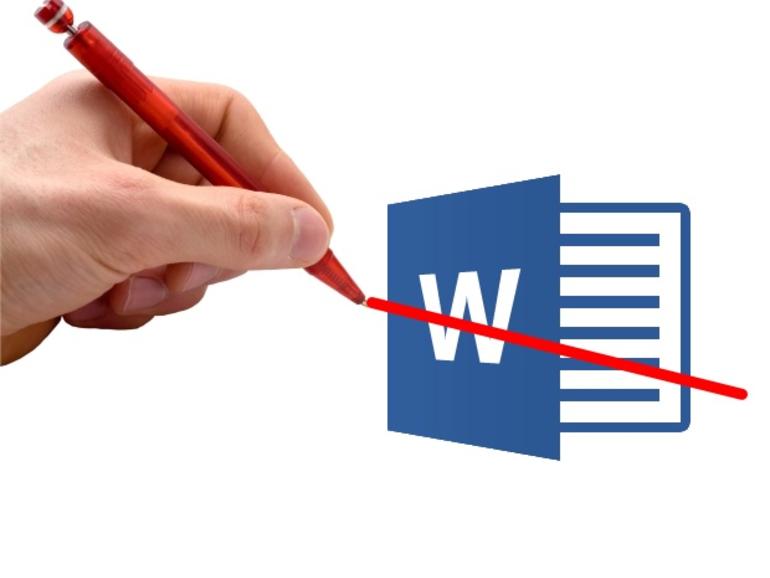
Why Can’t We Be Friends? (apologies to War)
Negotiation of complex real estate documents is, by its nature, adversarial. Each side has to stake out its position and fight for the points that are important to them. Attorneys and brokers, as advocates for their clients, understand this. Each will be zealous in making their arguments. While the substance of negotiation is adversarial, the process of preparing the documents, generally speaking, is not. One side prepares a draft, the other side reviews the draft and provides comments. Revisions are made. The process continues until a final draft is agreed upon.
As technology has made life simpler, this process has evolved. The person reviewing the document now makes comments and revisions directly on the draft provided using the Track Changes feature in Microsoft Word, or some other compare write or redlining program. When the draft is returned, the preparer can accept or reject the revisions and make additional or new changes. A new Track Change or redline is generated and returned. This process makes it easy for buyers and sellers, borrowers and lenders or landlords and tenants to easily see and discuss specific revisions. Negotiations can still be heated, but the parties can trust the process and that agreed changes at each stage are being made. Technology has made it possible to negotiate documents with little to no personal contact.
Even before we had this “fancy” computer technology, attorneys usually endeavored to assist opposing counsel in reviewing document revisions from draft to draft. When I started practicing in the 1980’s, we hand marked or redlined our documents at every draft to show clients and opposing counsel everything we changed. And our opponents did the same. We underlined every word, sentence, clause and paragraph we inserted with a red pen (thus, redlining). We put a carrot or asterisk everywhere we deleted language so that the reader could compare the new document to the prior draft. We cautioned that the redline might not be accurate so the reader should carefully review the entire document in case a change was missed. In other words, though we were adversaries, we acted as colleagues, friends, gentlemen (and women). We treated each other with respect.
So with this background in mind and given that technology makes it easy for everyone today to “help a fella out”, why would anyone in the real estate business today go out of their way to make it difficult to review a document? My latest story involves a client with A++ credit seeking to lease about 65% of a landlord’s class B office building as well as 100% of his vacant lot, adjacent to the building. Client will be doing all of the TI at client’s cost (about $350,000) and the lease is 10 years with 2 five year renewals. The landlord’s representative is his son-in-law. The landlord sent the lease draft in .pdf format. This is not unusual and I requested a copy in Word. We got no response back for over a week until the representative called and demanded our comments. When we again requested a copy in Word, the representative, and then the Landlord told us no such copy existed. We ran the .pdf through a .pdf converter program and I provided my revisions and comments using Track Changes. I will admit, my revisions and comments were substantial. This particular client is in high demand and is used to getting its way.
We heard nothing for 2 weeks. When we did, the landlord’s representative sent us what we presumed to be a revised lease. Again, it was in .pdf format. There was no redlining or Track Changes. We were told that this would be the last draft and any remaining changes had to be by addendum. When I asked for a redline or at least a Word version so that I could compare the lease to my draft I was flat out told no. Why would the landlord do this? What is his purpose other than to be nasty? We can certainly battle it out over the terms that we don’t agree on but why make it difficult (and therefore expensive) for us to review the lease? I am now reviewing the lease line by line and finding that the landlord has made changes to provisions that I did not even comment on. Is the landlord doing this because he is angry that I marked up his original lease?
I think what this landlord is really telling my client and me is that IF we ultimately sign this lease, we are going to have a very difficult relationship. Everything is going to be a battle. When you’re in a battle over the process of negotiating a document rather than the terms of the document and when you can’t trust the other side to be honorable in the drafting of the document, you probably can’t trust them to honorable in any dealings in the relationship.




No Comments
Sorry, the comment form is closed at this time.